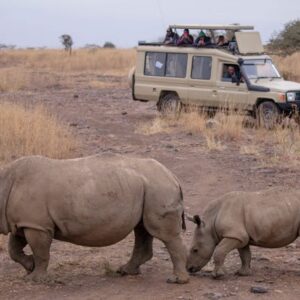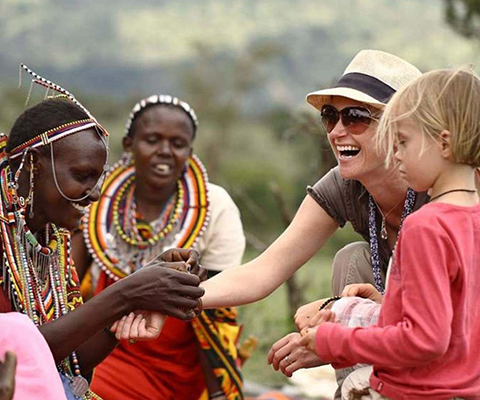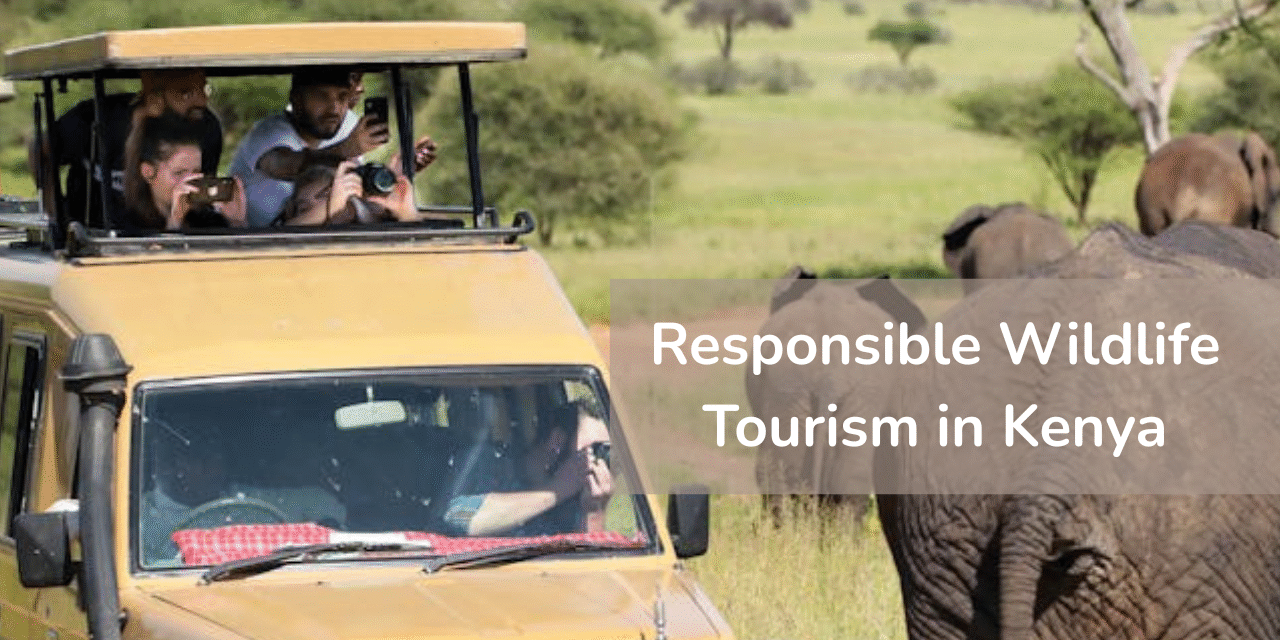By Peter N. Maina
Kenya is the jewel of African tourism, and for good reason. From the golden plains of the Maasai Mara to the pristine beaches along the Indian Ocean, the country offers an experience like no other. It is home to the Big Five and hosts the Great Wildebeest Migration, during which millions of wildebeest, zebra, and gazelles migrate from Tanzania to Kenya in July and back in October.
Beyond its wildlife, Kenya also boasts a rich cultural heritage, warm hospitality, and eco-lodges that let you immerse yourself in nature. Every safari is a chance to witness raw beauty, but it’s also a chance to protect it.
1. Why Ethical Tourism Matters
While safaris bring us close to nature, they can also harm it if done irresponsibly. Getting too close to animals, feeding them, or crowding their space can stress them and disrupt their natural behaviour. Ethical tourism ensures we enjoy the experience without harming wildlife or the environment.
2.Animal Welfare on Safari
Every animal deserves to live freely, hunt naturally, and roam without interference. These simple rules help protect their welfare:
- ·Respect their space and observe from a safe distance
- Don’t feed wildlife, it makes them dependent and vulnerable
- Avoid noise pollution, loud music, or honking that scares animals
- Choose real sanctuaries and support rehabilitation centres, not entertainment parks
3. Safari Tips for Travellers
Want to make your trip responsible and rewarding? Here’s how:
- Book certified tour operators and look for eco-certification or recognition from the Kenya Tourism Board
- Stay on designated roads; off-road driving destroys habitats
- Leave no trace, carry your waste and minimise plastic use
- Respect Park rules; they’re designed to keep you and wildlife safe
- Avoid animal selfies or rides; holding a baby lion might look cute, but it is harmful

A safari vehicle pauses as a mother and baby rhino cross, showing respect for wildlife in Kenya
1. Best Practices for Tour
Tour companies play a significant role in ethical tourism. Here’s what responsible operators do:
- Train guides on animal behaviour and viewing distances
- Limit the number of animals
- Invest in eco-friendly lodges and safari vehicles
- Educate travellers on wildlife protection before game drives
4. Your Role as a Traveller
Every choice you make on safari shapes the future of Kenya’s wildlife. When you choose ethical operators, you support community-led conservation efforts, partnering with locals and Indigenous peoples to promote responsible forestry and biodiversity.
Staying on designated roads protects fragile ecosystems. Saying no to animal rides and staged selfies helps prevent cruelty. Learning how your tour operator treats wildlife and what measures they take to minimise their environmental impact can help ensure clean parks for animals and people.
5. Let’s Keep the Wild, Wild
Choose eco-friendly lodges, stick to park rules, and support operators committed to conservation. These choices ensure that future generations can witness the Great Migration and experience Kenya’s magic as you do today. Responsible travel is key in safeguarding fragile ecosystems and protecting wildlife habitats. Your safari is both a holiday and a chance to make a difference.
Planning a safari in Kenya but feeling unsure of how to begin? Travel Moran gives you answers. We share genuine tips, local knowledge, and ways to plan a trip that feels meaningful and fulfilling. It might be your first trip or one of many, we’ll support you in exploring Kenya in a way that suits your style and leaves a good impact.








